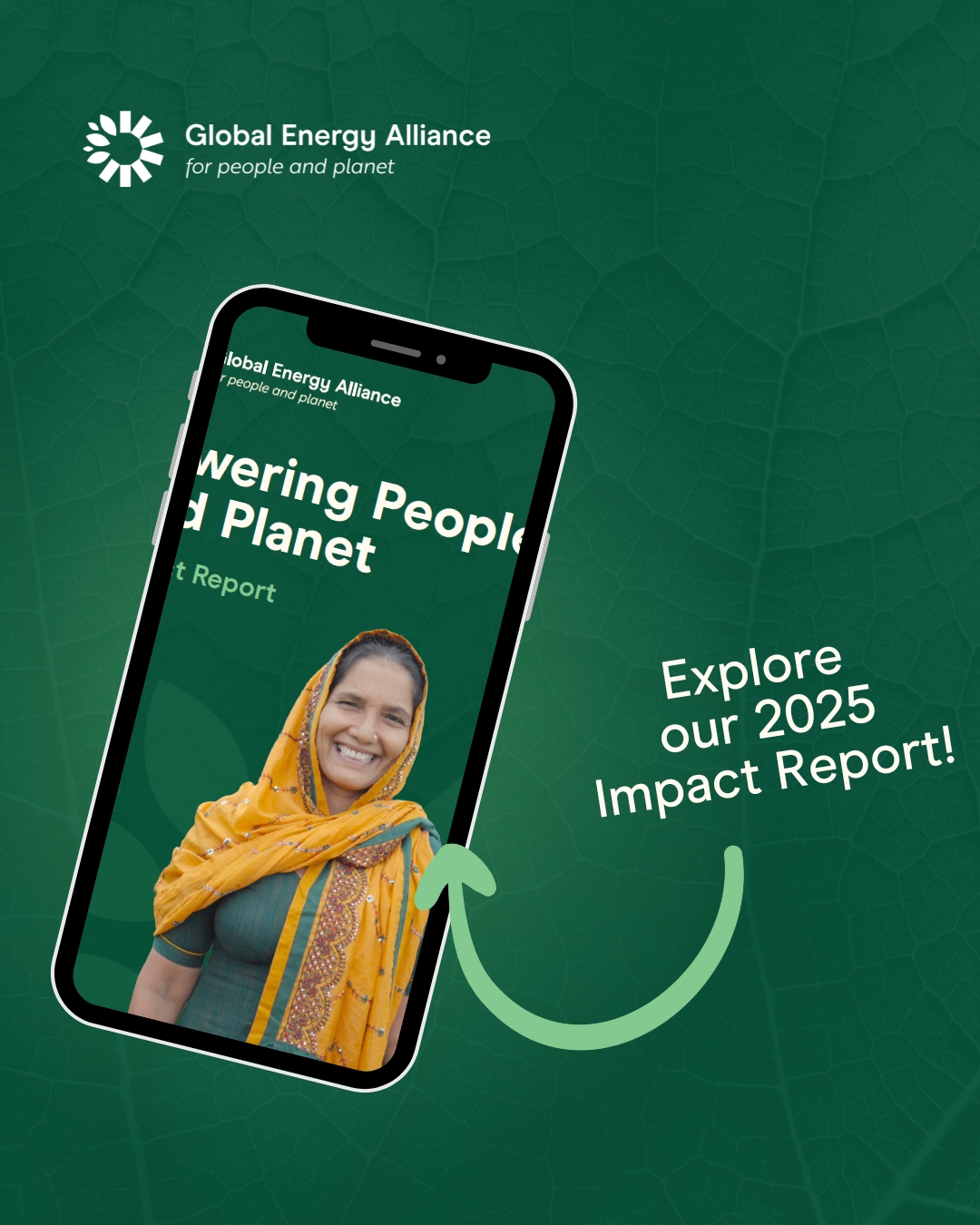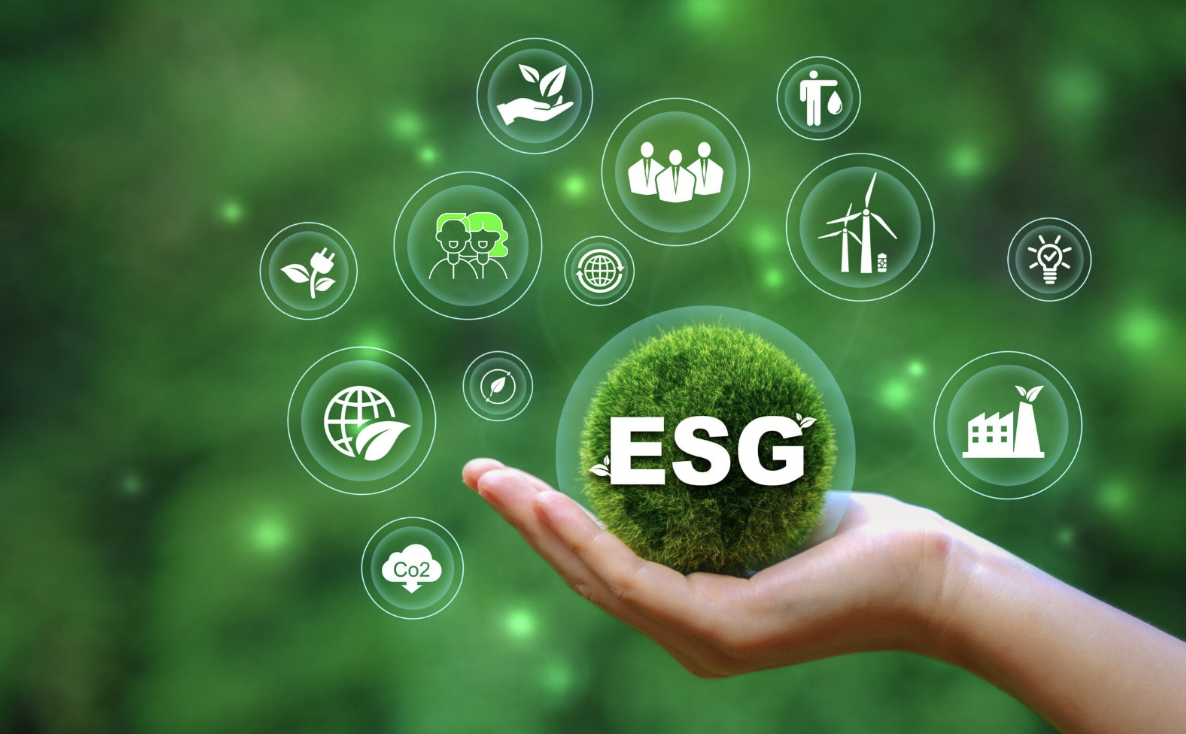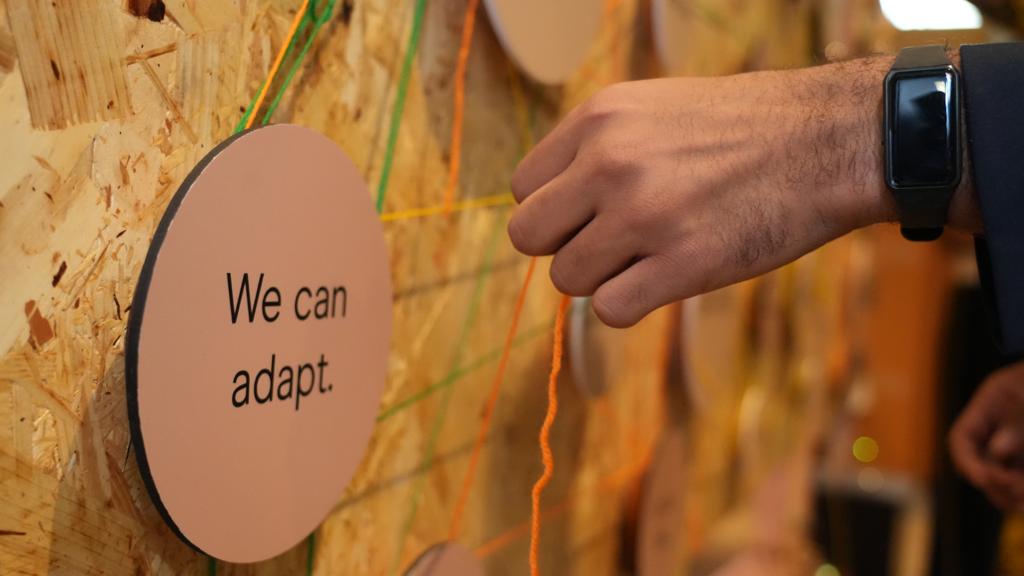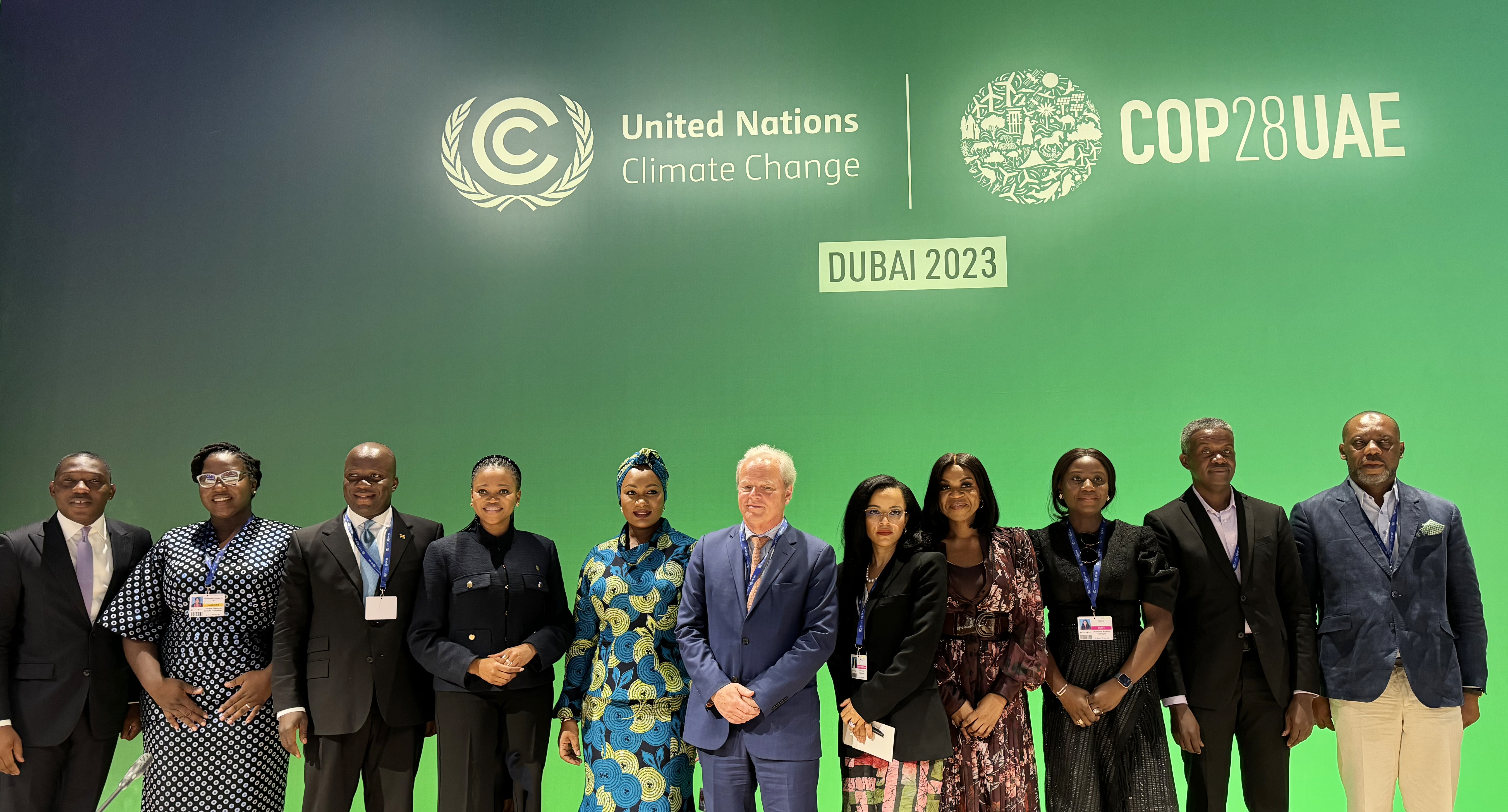Communicating for change at COP

As the world convenes at the 29th Conference of Parties (COP 29) to address the growing urgency of climate change, this global platform becomes more than just a venue for negotiations, policymaking, and tracking progress—it serves as a catalyst for inclusive, transformative climate action. Yet, without effective communication, significant gaps persist between awareness and action. Bridging these gaps requires more than policy; it demands strategic communication to translate ambition into action.
Communication plays a pivotal role in ensuring that climate policies are actionable and impactful. It helps governments make informed decisions while also amplifying diverse voices in these high-level conversations. Through tactful messaging and storytelling, organizations can move beyond technical discussions to enhance stakeholder engagement and inspire collaboration.
Strategic Communication at Global Climate Platforms
Global climate platforms like COP29 bring together multi-stakeholders—policymakers, investors, civil society representatives, and NGOs—creating avenues for collaboration toward shared goals. The substantial scale of such events often leads to information overload, making targeted communication essential for cutting through the noise. Another issue is the threat of greenwashing. Strategic communication acknowledges that the goal of communication goes beyond disseminating information—it attunes planning and research with purposeful messaging to connect with the audience. Policy decisions are steered toward tangible impact by translating technical climate negotiations into actionable commitments for governments, businesses, and civil society. Effective messaging also broadens engagement beyond policymakers by establishing a two-way communication channel that gives space to the audience’s perspectives and concerns. This conversation-centric approach leaves a significant imprint on public opinion, opening doors for innovative partnerships and financing for sustainable projects.
Climate Action Network (CAN) is one such platform that is steering the climate movement by convening and mobilizing civil society at the UN climate talks and other international forums. With a membership base of over 1,900 organizations spanning 130 countries, CAN amplifies diverse voices to push governments toward more ambitious climate action. Through advocacy, strategic coordination, and knowledge-sharing, the network ensures that civil society perspectives are represented in climate policy discussions, fostering accountability and driving collaborative solutions for a sustainable future. CAN amplifies diverse voices to push governments toward more ambitious climate action. Each year at COP, CAN hands out the Fossil of the Day Award to countries faltering on climate action.
Another creative climate communications initiative is Climate Science Breakthrough, by Utopia Bureau and Nick Oldridge, which utilizes celebrities and humor to translate complex science into relatable messages for public consciousness, engaging the public on climate issues. Mission LiFE (Lifestyle for Environment), introduced by India during COP26, exemplifies the transformative potential of authentic messaging and people-centric approaches rooted in purpose and groundwork. The mission leverages grassroots engagement and individual action, focusing on behavioral changes to bridge climate action inspired by the cultural ethos of the countries.
Countries and businesses across the world can take inspiration from these innovative and strategic campaigns in formulating their climate action policies.
Storytelling as a Tool to Inspire Collaboration and Transformative Action
While data and statistics are integral to planning and strategizing climate action, they often fail to resonate with individuals and inspire behavioral change. Storytelling fills this gap by driving emotional engagement, making the human impact of climate change relatable. It drives action by shifting the focus from abstract targets to lived experiences. Emphasis on a people-centric approach enables the representation of underrepresented voices and perspectives, consequently reshaping climate narratives. Earth Public Information Collaborative (EPIC), a collaborative effort developed by the New Zero World and the Global Commons Alliance, is founded on this very principle—harnessing global communications, storytelling, and media to inspire climate action.
In the changing climate dynamics, advocating for environmental justice alone cannot suffice. Community empowerment, climate justice, and gender equity must be integrated into mainstream climate dialogues to promote inclusive, equitable, and sustainable climate policies and outcomes. Campaigns like #Let’s Change Energy and Letters to the Future by Global Energy Alliance for People and Planet (GEAPP) tap into the power of community engagement and storytelling. The campaigns aspire to drive the energy transition by synchronizing voices from across social tiers and regional boundaries to acquaint change makers, governments, and decision-makers with the global demand for a just, equitable transition to clean energy.
Future Outlook: Reshaping Climate Narratives with Communication
The state of the climate crisis calls for systemic transformation across multiple aspects of our lives, including consumption patterns, energy, agriculture, etc. Climate strategies and actions must align with the Sustainable Development Agenda, driven by a strong sense of purpose that connects policy, people, and progress. To achieve long-term climate goals and influence policy and public opinion, organizations must move beyond visibility to impact and focus on collaboration and inclusive messaging.
As the climate landscape evolves, we must rethink our climate narratives and deploy innovative communication strategies to drive collective action, mobilize resources, and sustain momentum toward a more inclusive, sustainable future. Concise messaging, impactful storytelling, and aligning communication with key themes at global platforms like COP result in the culmination of meaningful climate dialogues.



